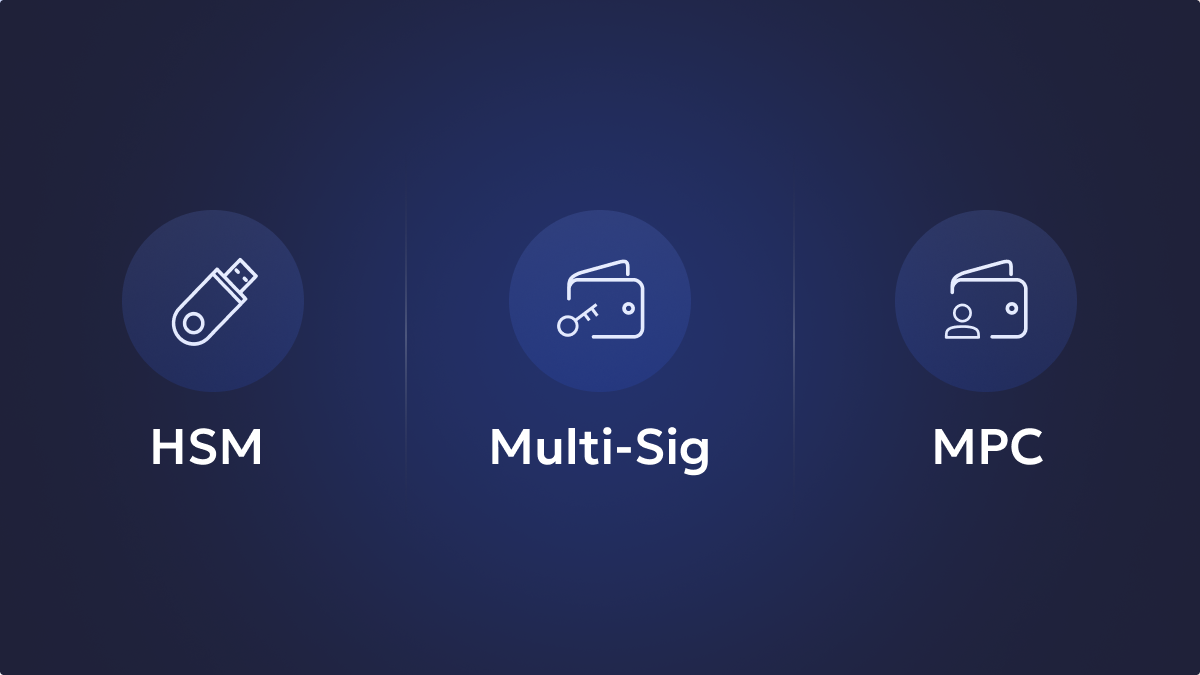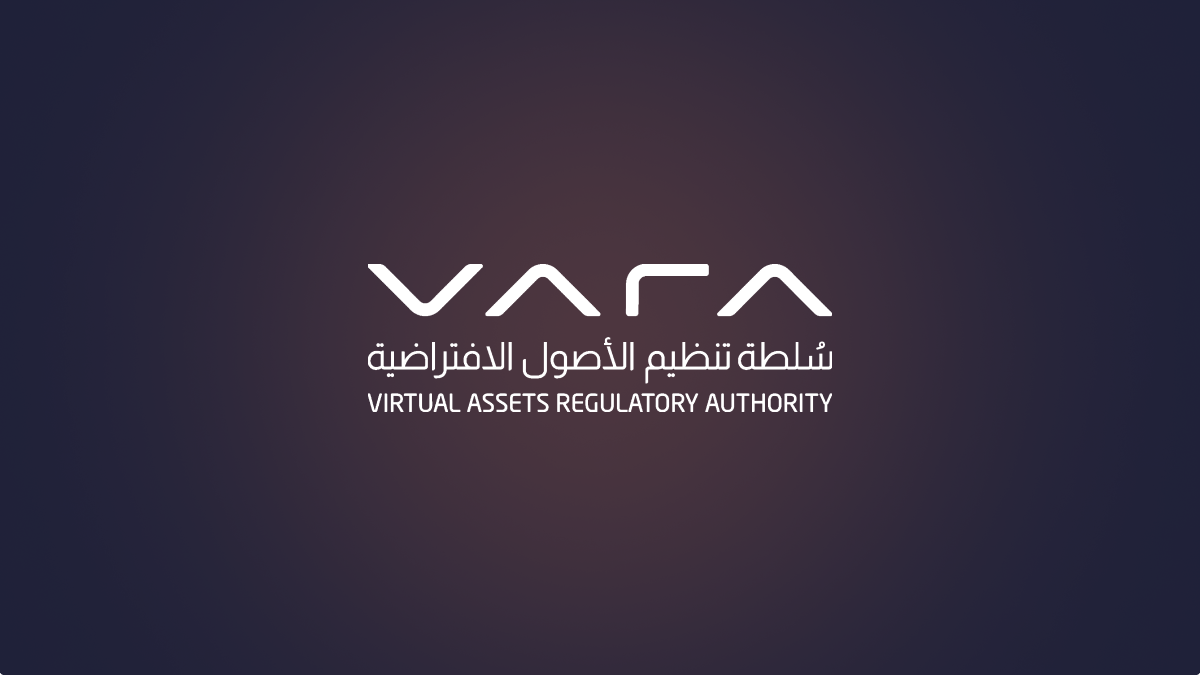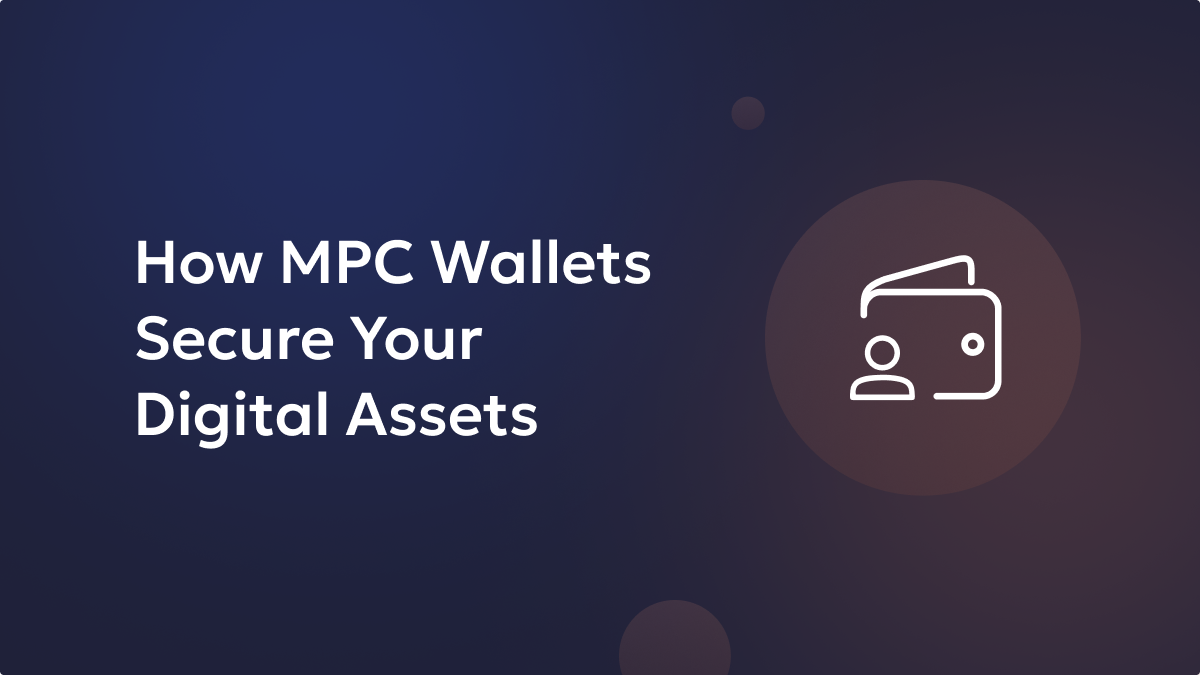Sometimes it gets harder for new users to understand the fundamental difference between an exchange and a wallet. This is because there are products available in the market that combine both, which might confuse the user. The following sections take a deep dive into subjects related to crypto wallet vs exchange as well as help defines the key difference
Key Takeaways
- A Crypto-wallet is a piece of hardware or software that lets you store, send, and receive crypto-currencies.
- Crypto-Exchanges is an online marketplace that lets you buy and sell digital assets using fiat currencies and crypto-currencies.
What is a crypto wallet?
A crypto wallet is a digital wallet that stores your private keys, enabling you to access your cryptocurrencies safely from anywhere. Using a crypto wallet, you can conduct a wide range of transactions. The combination of public and private keys enables users to securely conduct operations over protocols, validate balance, and send or receive cryptocurrencies.
Unlock the potential of digital assets for your institution
Different types of crypto wallets
Desktop crypto wallets
Crypto wallets that allow you to execute small, everyday transactions using your computer are referred to as desktop crypto wallets. These are easy-to-use applications with intuitive UI. They come with the strongest security features.
Mobile crypto wallets
Mobile crypto wallets are mobile applications that let you transact from anywhere as well as store payment data. Using mobile crypto wallet, you can conveniently monitor crypto markets and trade trending cryptocurrencies from anywhere. You can access trending DApps and blockchain games directly from the mobile crypto wallet.
Web crypto wallets
Web-based wallets usually store your private keys on an exchange server. The web wallet is always live on-web and often controlled by an external third party. Web crypto wallets are convenient to use and can easily be connected to a diverse range of Dapps and Defi protocols. To understand web crypto wallet, the difference between crypto wallet vs exchange should be clear. This is where both concepts converge.
Secure and manage your digital assets with Liminal
Hardware crypto wallets
A hardware crypto wallet is a type of cryptocurrency wallet that stores your private keys in a separate hardware device. The private keys usually get stored in a restricted area of a microcontroller. The data relating to private keys cannot be transferred out of the hardware wallet in plaintext without entering the passcode. Though all types of crypto wallets are vulnerable to cyber-attacks, hardware crypto wallets offer the best security features possible.
What is a crypto exchange?
A crypto exchange is a digital platform that provides you with the tools required to buy and sell digital assets for other assets, such as fiat money or digital currencies. Crypto exchanges accept all forms of payments, such as credit cards and wire transfers, including cryptocurrencies. Exchanges also act as market makers – where it usually takes the bid-ask spreads as a transaction commission for their platform or else simply charges a fee.
Different types of Crypto Exchanges
Centralized Exchange(CEX)
Centralized exchanges act as trusted intermediaries enabling traders to buy and sell cryptocurrencies and digital assets. You can purchase and sell these digital assets either for fiat currencies such as US dollars, INR or swap between crypto tokens such as BTC, DOGE, and ETH. They maintain order books. Typically, the centralized exchange lets you access and navigate a diverse range of cryptocurrencies. Additionally, CEXs offer you custodial asset storage services. But, due to security concerns, investors don’t prefer to keep their holdings inside a custodial wallet. Under custodial services, you’re required to hand over your private keys to a third-party service provider.
Decentralized Exchanges (DEX)
Decentralized exchanges allow you to trade cryptocurrencies directly with other traders in a peer-to-peer fashion. There are no intermediaries involved in the P2P transaction. Since trades are taking place in a decentralized way, you don’t have to hand over your private keys to a centralized entity. DEXes are built using smart contracts technology which helps execute all the exchange-related functionalities without the need for central authorities.
Should you keep your funds on crypto-exchange or in a crypto wallet?
The simple answer is – it varies based on your requirements. According to crypto experts, you should pick a self-custodial crypto-wallet platform to store your digital assets. Because your reserves incur tremendous risk when stored over an exchange-based wallet. If the exchange gets compromised, you are likely to lose all your reserves. This is why you should use the crypto exchange to purchase and swap a wide range of crypto tokens. But when it comes to storing your cryptocurrency, you should always opt for the self-custody wallet.
Wrapping up
Both the crypto-wallet and crypto-exchange are tools that are built to help you efficiently purchase and manage digital currency. The aim of the crypto wallet vs exchange article is to clearly differentiate between both tools. In-depth understanding of both tools helps you know how to access investments and projects in the cryptocurrency world.






